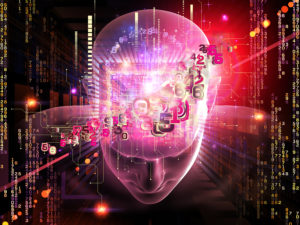
Last year I had a slight brush with the notion of mastery. I received the accreditation of Master-level Coach from the International Coach Federation (ICF). ICF, the global gold standard in coaching, has three levels of accreditations – Associate, Professional and Master. Going through these levels involves rigorous evaluation. This includes a certain number of hours of coaching experience and a review of actual recorded coaching sessions. I was pleasantly surprised to learn that less than five per cent of all credentialed coaches worldwide have received the Master level.
When I shared this with one of my clients, he curiously asked me, “As a coach, what’s the real difference between the professional and the master level?” My instinct was to say, ‘greater expertise’. But after some reflection, I responded, “As an associate you are comfortable with the fundamentals of coaching and as a professional you are proficient at those skills. The real difference at the master level is that you are now willing to let go of the narrow path of a trained approach and more willing to go with the flow. You are truly in tandem with the energy of the client; you rely on your intuition and are spontaneous in choosing an approach that would be most helpful for the client.”
That was a new insight for me. I have since been more aware of the power of letting go in pursuit of mastery in any craft. This is not to negate the relevance of long hours (some suggest 10,000) of practice. However, when you become really good at something, the breakthrough to mastery only comes with learning to let go of the attachment to those skills and to the outcomes of your effort.
How does Federer do it?
Roger Federer is a true master of his sport. Passion, perseverance and an extraordinary level of proficiency are surely crucial to his success. But, to excel at an elite level, he also needs one more trait – the ability to let go. The ability…




















